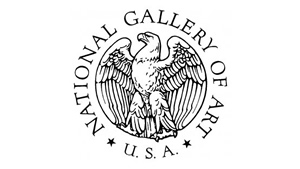Themes
Cecily Brown, artist, in conversation with Harry Cooper, curator and head, department of modern art, National Gallery of Art. Born in London in 1969, Cecily Brown attended the Slade School of Fine Art in the early 1990s, just when such “Young British Artists” as Damien Hirst and Tracey Emin were dominating the scene with provocative work. While Brown shared interests with some of them in feminism, sexuality, and mass media, her commitment to the history and practice of painting was distinctive. She moved to New York City in 1994 and has lived and worked there ever since. Brown paints with a fine balance of control and abandon, mining art history and the suggestions of the paint itself. For her inspiration, Brown relies on a variety of two-dimensional sources—from magazines and record album covers to children’s books, movies, and a library of exhibition catalogs and monographs including studies of El Greco, Velázquez, Goya, Picasso, Delacroix, Manet, and, present in her most recent work, Degas. Brown’s ability to create dense, intricate spaces in which figures emerge from abstraction has earned her recognition as one of the most important contemporary painters. Her work is represented in the National Gallery of Art collection by Girl on a Swing (2004). Brown participated in the 23rd annual Elson Lecture with Harry Cooper on March 10, 2016.
Comments
Brought to you by NGADC



